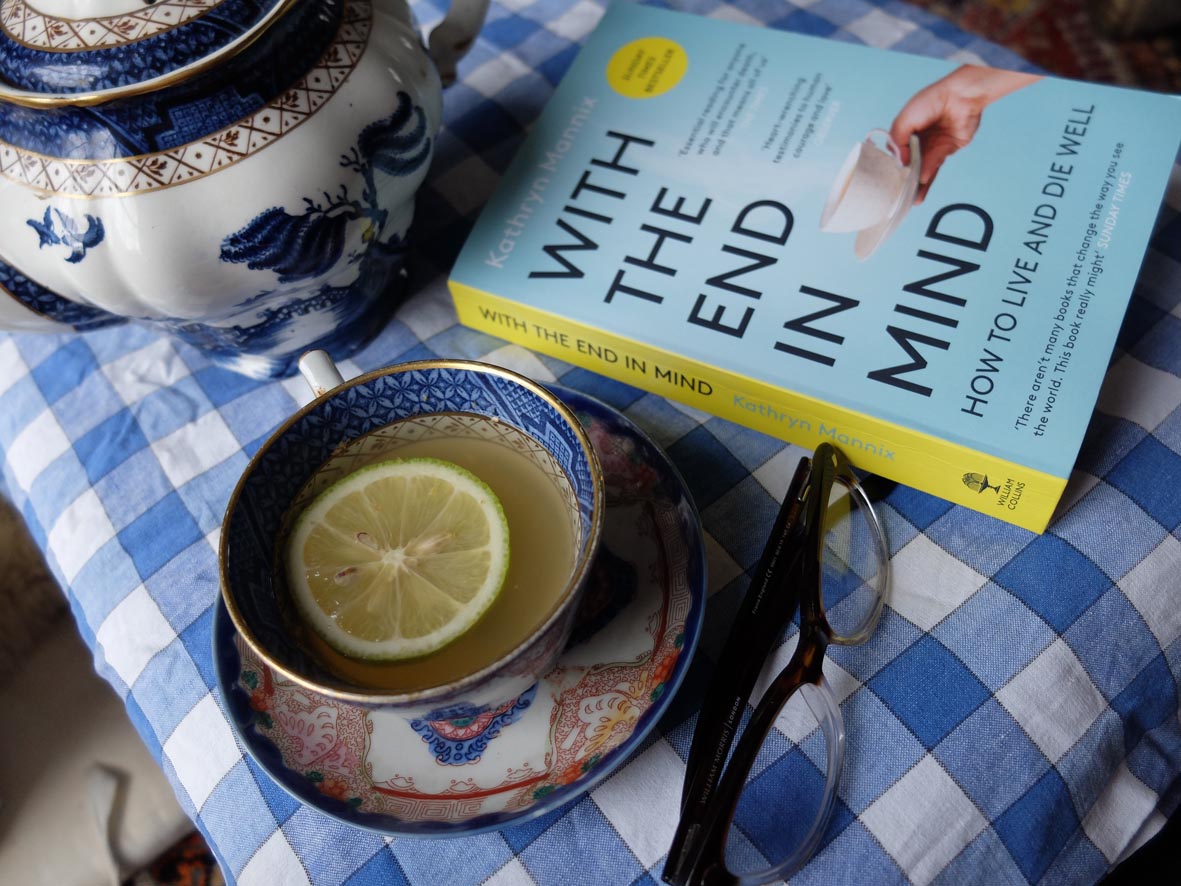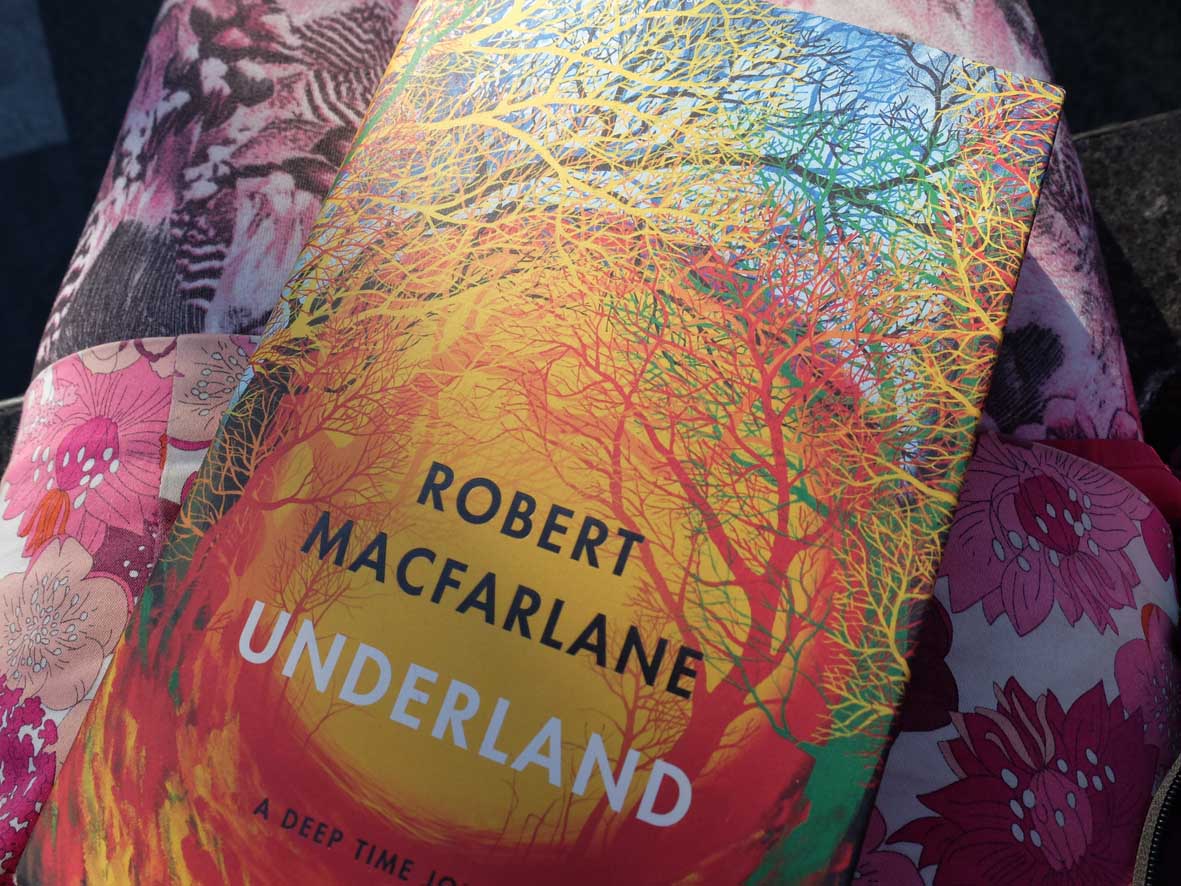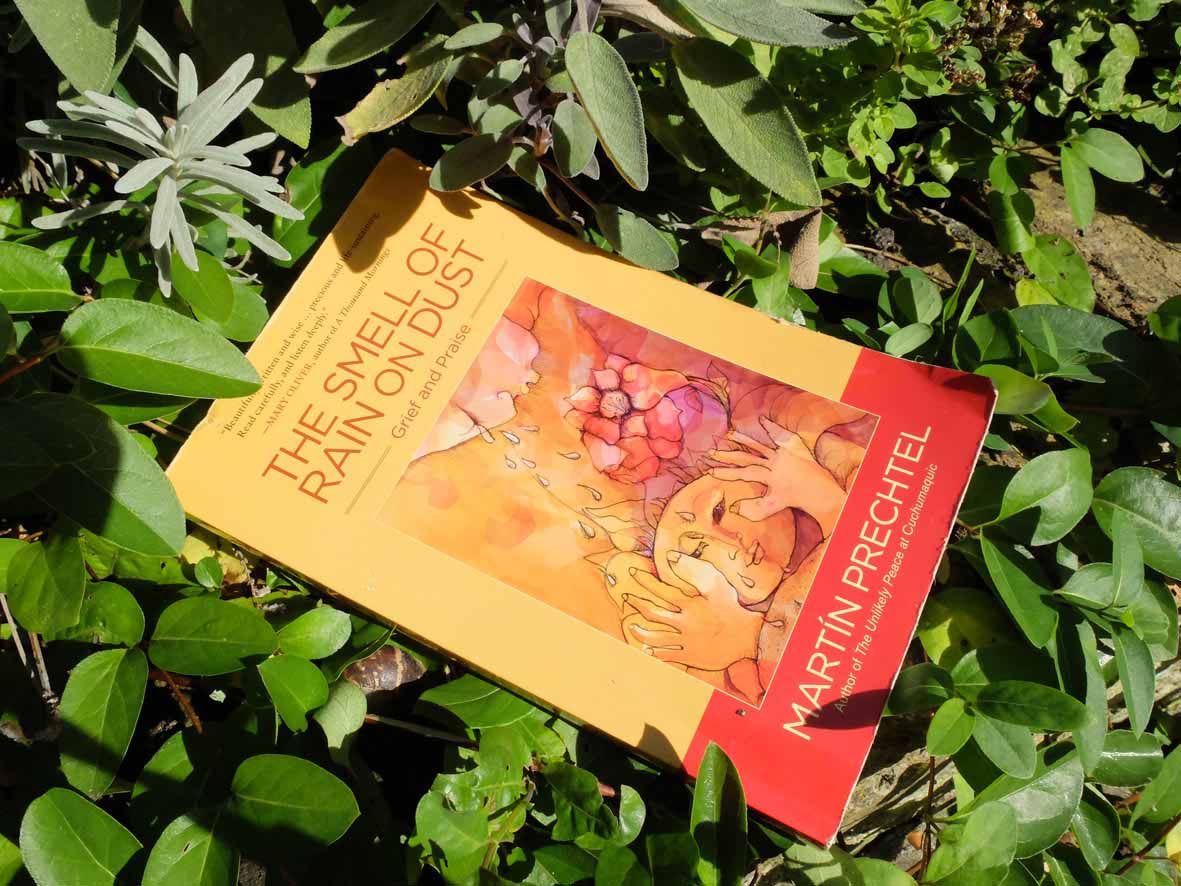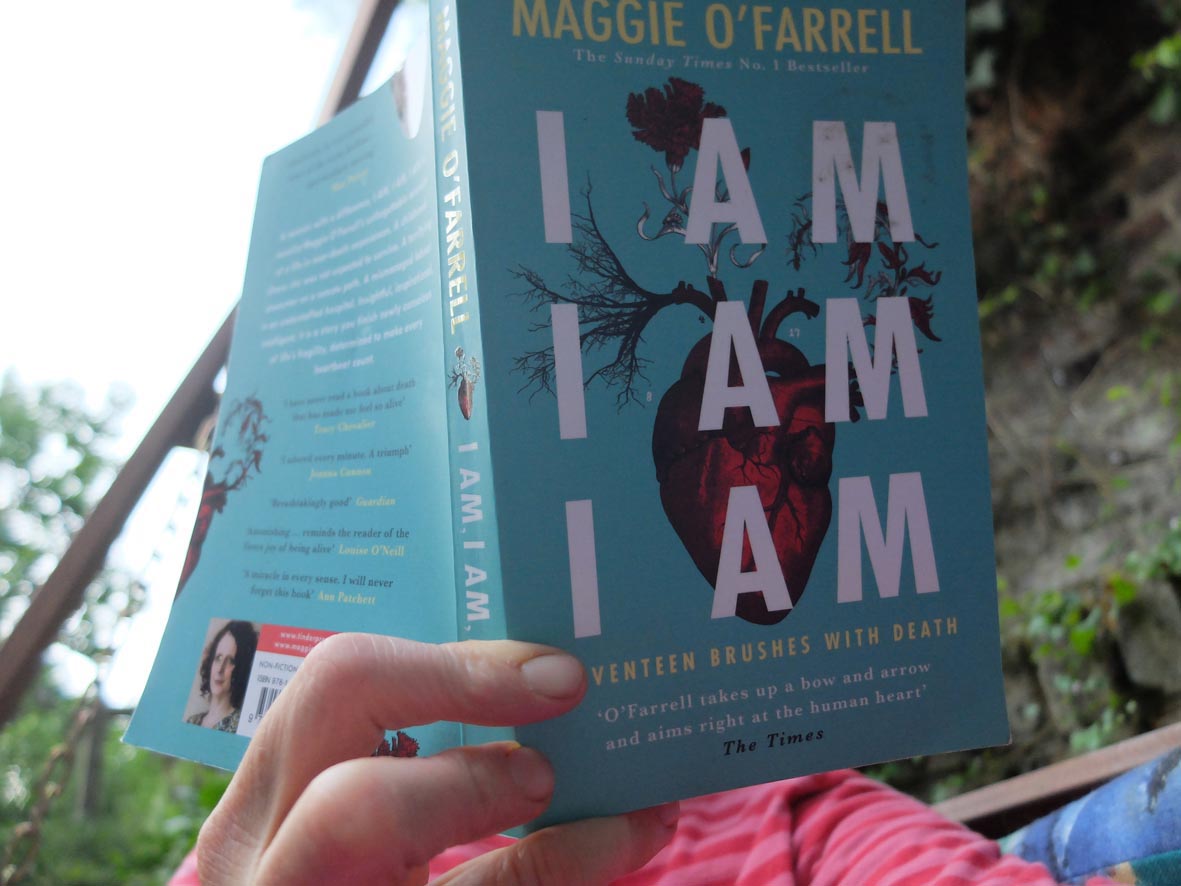23 Nov ‘With the End in Mind’
 Kathryn Mannix – palliative care consultant – meets those who are referred to her ‘where they are’. With the aid of “tea-with-sympathy” she listens, she sits with them, and she puts her immense experience and wisdom at their disposal. As a reader, she guides us to “accompany dying strangers across the pages”. She lets us into the relationship between those approaching end of life and their care-givers. The stories within this book often made me shed a tear, as they poignantly describe “what a privilege, to be able to observe families as they are forged in a furnace of love and belonging, so often with its fiercest heat at the ebbing of a life.” Mannix describes working within the medical profession, yet with the shift moving from being “focused not on saving life at any cost, but on enabling goodbye.” This book is also a practical read. “Reclaiming the language of illness and dying enables us to have simple, unambiguous conversations about death.” Just as Mannix with her patients hears and has needed conversations to demystify the process of dying, and helps them to identify what is important, she encourages us to do the same. “We should all have those conversations with our dear ones, and sooner rather than later.”
Kathryn Mannix – palliative care consultant – meets those who are referred to her ‘where they are’. With the aid of “tea-with-sympathy” she listens, she sits with them, and she puts her immense experience and wisdom at their disposal. As a reader, she guides us to “accompany dying strangers across the pages”. She lets us into the relationship between those approaching end of life and their care-givers. The stories within this book often made me shed a tear, as they poignantly describe “what a privilege, to be able to observe families as they are forged in a furnace of love and belonging, so often with its fiercest heat at the ebbing of a life.” Mannix describes working within the medical profession, yet with the shift moving from being “focused not on saving life at any cost, but on enabling goodbye.” This book is also a practical read. “Reclaiming the language of illness and dying enables us to have simple, unambiguous conversations about death.” Just as Mannix with her patients hears and has needed conversations to demystify the process of dying, and helps them to identify what is important, she encourages us to do the same. “We should all have those conversations with our dear ones, and sooner rather than later.”





